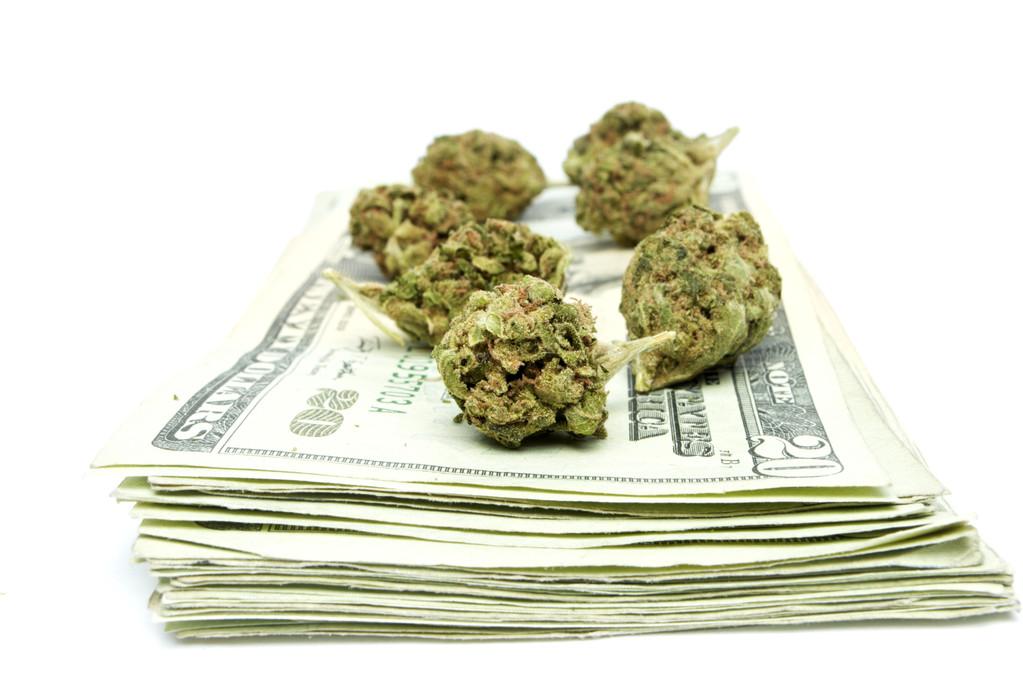Recently filed legislation to legalize marijuana in Wisconsin would result in over $165 million in annual tax revenue by the third year, according to an official fiscal note for the bill.
 Senate Bill 486 was filed last month with a bipartisan coalition of 36 cosponsors, with a companion fill filed in the state’s Assembly the following week. Now, the legislation has received an official fiscal note, conducted by government analysts.
Senate Bill 486 was filed last month with a bipartisan coalition of 36 cosponsors, with a companion fill filed in the state’s Assembly the following week. Now, the legislation has received an official fiscal note, conducted by government analysts.
“Given that current law prohibits the manufacturing, distributing, possessing, or delivering marijuana in
Wisconsin there is no state-specific data available to construct an accurate estimate”, notes the report. “However, three midwestern states (MI, IL, MN) have legalized both recreational and medical marijuana [and all] three states generate revenues through a variety of permits/licensing fees and excise taxes on retail sales (medical exempted), in addition Illinois imposes an excise tax on sales by growers to retailers.”
For the analysis the department used average marijuana sales figures for Michigan and Illinois adjusted for population size and prevalence rates to estimate the fiscal effect for Wisconsin. The estimated amounts reflect marijuana sales trends observed in the Michigan and Illinois markets in their first three years of operations.
“Using data from the Michigan Cannabis Regulatory Agency’s Statistical Report, the Illinois Department of
Financial Regulation Adult Use Cannabis Sales Figures, the US Substance Abuse and Mental Health Services
Administration’s Prevalence Estimates 2021, the US Census Bureau 2022 population estimates, and BOTEC
Analysis Corporation’s medical marijuana wholesale markup (average for IL), the department estimates that an excise tax imposed on a marijuana producer at the rate of 15% of the sales price on each wholesale would
result in an excise tax revenue increase of $24.6 million in year 1, 48.6 million in year 2 and $60.1 million in
year 3”, states the report.
The bill also imposes a 10% excise tax on marijuana retailers.
“Based on Michigan and Illinois marijuana sales, and adjusting for population and prevalence between the states, the retail tax would result in additional excise tax revenues of $19.1 million in year 1, $47.3 million in year 2 and $64.9 million in year 3.”
In addition to the excise tax, retailers would collect and remit the 5.0% state general sales tax on marijuana
sales.
“State sales tax collections on the sale of marijuana are expected to yield $9.5 million in year 1, $23.6
million in year 2 and $41.7 million in year 3.”
Combined, the state could make $166.7 million by the third year of a legal marijuana market.
The fiscal note also points says “Assuming a county and stadium sales tax of 9.6% of the state sales tax, the department estimates county and stadium tax revenues to increase by $0.9 million in year 1, $2.3 million in year 2 and $3.1 million in year 3.”







